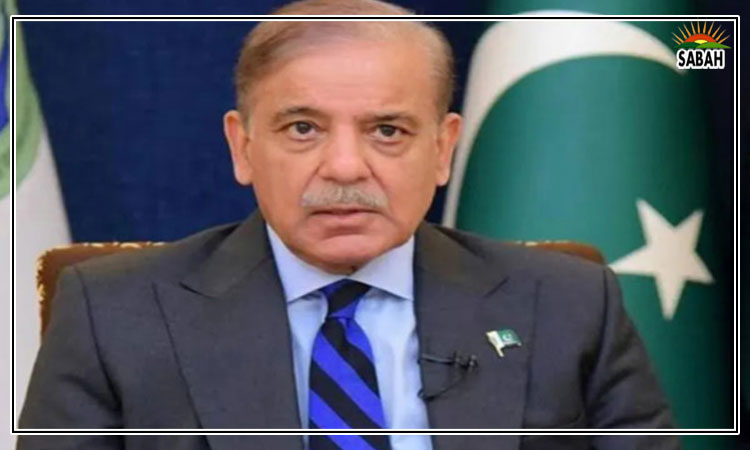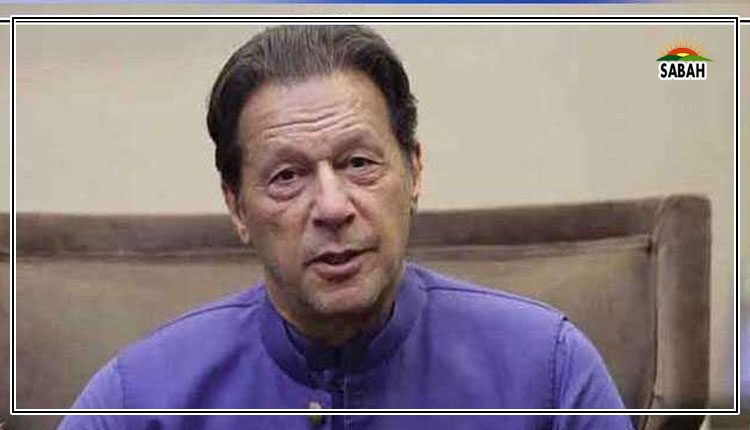Italian trendsetter…Mahir Ali
WELL before global politics featured the likes of Trump, Bolsonaro, Orban, Erdogan, Imran Khan, Modi or even Netanyahu, there was Silvio Berlusconi, the slick and smarmy business magnate who was first elected prime minister of Italy in 1994, just months after founding his political party, Forza Italia.
That government lasted less than a year, and some dismissed him as a flash in the pizza pan, but when he returned to power in 2001, it was at the helm of the first postwar Italian government that was able to serve out a five-year term. Small wonder, then, that admirers and detractors alike have been describing Berlusconis demise on Monday asthe end of an era. But, like some of the political obituaries that greeted the end of his first and second stints as PM, that assessment may be premature.
He returned in that role for a third time in 2008, but then was barred from holding political office for several years after he resigned in 2001, and by the time he returned to the fray in 2018, the ground had shifted. The octogenarian found himself being treated as a relic on a playfield he had landscaped by aiding the far rights ascent into the conservative mainstream. Giorgia Meloni had served a decade earlier as a junior minister in Berlusconis last administration. Since last year, when he was re-elected to the senate, his Forza Italia has been a minor partner in Melonis governing coalition.
Berlusconi acknowledged as much in a 2019 speech: It was us who legitimised and constitutionalised the Lega [the former Northern League] and the fascists [the Meloni-led Brothers of Italy].
Back in 1996, in a profile of the Italian leader, the American writer and journalist Alexander Stille noted: Imagine if a real-estate mogul along the lines of Donald Trump also owned CBS, NBC, the Fox network, Paramount Pictures, Newsweek, Random House, Cond Nast, The Los Angeles Times, HBO, the Dallas Cowboys, Walmart stores, Aetna insurance, Loews Theatres and Fidelity Investments and had the political clout of Bill Clinton or Newt Gingrich, and you get an idea of the long shadow Mr Berlusconi casts in Italian life.
Unlike Trump, Berlusconi started from scratch, building up first a real estate empire the sources of his funding remain obscure and then a commercial TV network that brought American soap operas and reality shows featuring semi-clad women to Italian audiences accustomed to more drab presentations. He invested his rapidly increasing wealth in a couple of national newspapers and a vast array of magazines, as well as AC Milan.
So he was hardly unknown by the time he went into politics 30 years ago, after Italys party political structure began to collapse under the weight of a wide range of corruption investigations. That structure had effectively been in place since the immediate postwar era, when the CIA intervened to make sure that the Italian Communist Party did not win any elections. The Christian Democrats were the main beneficiaries, with the Socialists playing second fiddle. It was a Socialist prime minister, however, who became a crucial patron for Berlusconi in the 1980s: Bettino Craxi eventually fled Italy to a villa in Tunisia, in order to escape the consequences of his shenanigans while in power.
Italians were fed up, and expected to lean leftwards, by the time Forza Italia emerged. Berlusconi was motivated to a considerable extent by the desire to protect his still expanding empire, and offered himself up to voters as a solution to Italys woes on the strength of his personality, rather than any coherent political programme.
That may not have been an entirely original leadership attribute, but it was relatively a novelty in Western democracies and, notwithstanding the occasional backlash, appears now to have been more or less normalised. Berlusconis final term may have laid bare his economic incompetence in the face of the global financial crisis and European debt woes, but hes much more likely to be remembered for the level of sleaze he unapologetically introduced into politics, and a penchant for making sexist or racist remarks that he invariably dismissed as jokes. Even a reported predilection for sex with underage girls caused insufficient alarm among the Italian public.
Berlusconi saw himself as a celebrity role model for all Italian men, and even for world leaders and, sadly, he wasnt wrong in some respects. He ignored constant conflicts of interest, and thrived on narcissism with facelifts, hair implants and an unnatural tangerine glow enabling him, at least in his own mind, to disguise the fact that he was born when Benito Mussolini still ruled Italy. His enduring legacy what Stille summed up this week as a kind of postmodern, content-less politics, which, one might add, serves the neoliberal status quo as an invaluable distraction.
Courtesy Dawn












